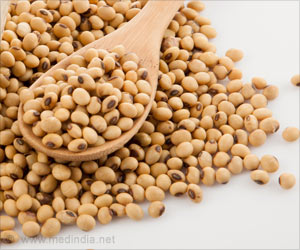Post-meal sleep hinges on the size of the meal and high intake of protein and salt.

Further studies also revealed that certain types of food can promote post-meal sleep.
To understand this relationship better, William Ja and his team created the Activity Recording CAFE (ARC), a system for flies that enables visual tracking of food consumption and insect motion.
Recordings of fruit flies' behaviour from this system revealed that after eating a meal, the insects sleep more before returning to a normal state of wakefulness.
The sleep period generally lasts around 20 to 40 minutes, with flies that eat larger portions generally sleeping more.
To determine if individual nutrients could modulate post-meal sleep, the team gave the flies food consisting of protein, salt or sugar.
Advertisement
"The ARC provides a starting point for future studies aimed at uncovering the exact genes and circuits that enable meal size, protein and salt to drive sleep," Ja said.
Advertisement
Source-IANS















